Books
Reading offers a refuge from my medical and theoretical pursuits
Dr Sampurna Tuladhar shares his love for books and recommends essential reads to deepen one’s understanding of human life.
Rukusha Giri
Dr Sampurna Tuladhar, a senior consultant specialising in Cardiac and Thoracic Surgery, possesses over a decade of extensive knowledge and experience in the medical and scientific fields. Alongside his medical expertise, he harbours a deep passion for literature, nurturing a lifelong love for reading since his childhood.
Dr Tuladhar completed his MBBS from Dhaka University in Bangladesh in 1995 and furthered his education by getting his Master of Surgery from Tribhuvan University in Kathmandu in 2001. His fascination with the human cardiovascular system grew after witnessing a heart transplant, leading him to pursue a residency in Cardiothoracic Surgery. He earned his Membership of the Royal Colleges of Surgeons (MRCS) from the Royal College of Surgeons of Edinburgh in 2003 and a fellowship in Cardiothoracic Surgery from the University of Chicago, USA, between April 2012 and April 2014.
Dr Tuladhar boasts a wealth of experience in the field of surgery, having worked in several renowned hospitals across the UK, such as King’s College Hospital in London, John Radcliffe Hospital in Oxford, James Cook University Hospital in Middlesbrough and Derriford Hospital in Plymouth, among others. Since November 2016, he has served as the primary surgeon for thoracic and vascular cases at the Nepal Cancer Hospital and Research Centre (NCHRC). Additionally, he also served as a dedicated consultant surgeon specialising in cardiac, thoracic, and vascular cases at Shahid Dharma Bhakta National Transplant Centre for four years.
In a conversation with the Post’s Rukusha Giri, Dr Tuladhar shares his love for books and recommends essential reads to deepen one’s understanding of human life.
Can you walk us through your reading journey?
I can't exactly pinpoint when my love for reading began, but I was definitely an avid reader from my early days. I went to St Xavier’s School in Godawari, where I had access to a rich variety of books in the school library. Boarding school life, which started for me at the age of seven, played a significant role in shaping my reading habits. My teachers encouraged extensive reading, and I had plenty of resources to improve my English. We even had friendly competitions to finish the entire ‘Hardy Boys’ series, which my peers and I thoroughly enjoyed.
During my childhood, I was heavily influenced by my friends, who were excellent readers. I started reading more, and by the fourth grade, English novels posed no challenge. Reading became second nature to me. Currently, I'm trying to tackle Nepali novels, which are proving to be a bit more challenging.
What genres of books did you enjoy in your childhood?
I was lucky to have older brothers who shared my love for reading. Their collection of books, which included the ‘Hardy Boys’ series, cowboy stories, and Mills & Boon novels, and our own small library at home, provided me plenty of reading materials. With access to so many books, I developed a habit of reading, which I maintained throughout my life. I also had access to various magazines at home, which further fueled my reading habit. In short, my early exposure to a wide range of things to read helped me build a lifelong love of reading.
In my late teens, I became interested in works that explored deep philosophical themes. Questions about my origin and the purpose of my existence fascinated me. This question does not have a straightforward answer. Most individuals seek resolution to such inquiries through online resources, literature, travel, or religious institutions. I relied on philosophical readings to satisfy my quest for knowledge on this. I delved into the teachings of Buddhism, Hinduism, and various aspects of life to broaden my understanding. The more I read, the more I found these things fascinating.
How does reading help in your field of work?
As someone with a background in medical science, I do a lot of reading. During my time in medical school, staying up late was common practice; it was seen as dedication rather than laziness. While I understand the importance of learning all of the theories, it can become overly superfluous. It’s easy to forget some of the information over time. Back then, we didn’t have access to the internet, and books were our sole educational resource. To maintain mental acuity, we read cultural books, biographies, and short stories in our free time. This habit helped us stay sharp and focused.
Which book has left a long-lasting impact on you?
A book that made a profound impact on me is ‘Sapiens’. Written by Yuval Noah Harari, it offers unique insights not found in traditional media. Harari delves into human psychology and behaviour, presenting a straightforward yet profound history of humankind. His work provides a valuable understanding of the human mind and is a must-read for anyone beyond the tenth grade. I’ve even considered starting a club dedicated to Harari’s works, including other equally impactful books he has written.
You lived in the UK for some years. Did you notice any differences in reading habits between the UK and Nepal?
The reading habits in the UK and Nepal are significantly different. In Nepal, books are affordable and widely available, but finding libraries can be difficult. In the UK, libraries are common and easily accessible. I particularly admire the culture of buying second-hand books in the UK. Nepal could benefit from promoting this practice, especially considering the high cost of new books.
Dr Sampurna Tuladhar’s book recommendations
Sapiens: A Brief History of Humankind
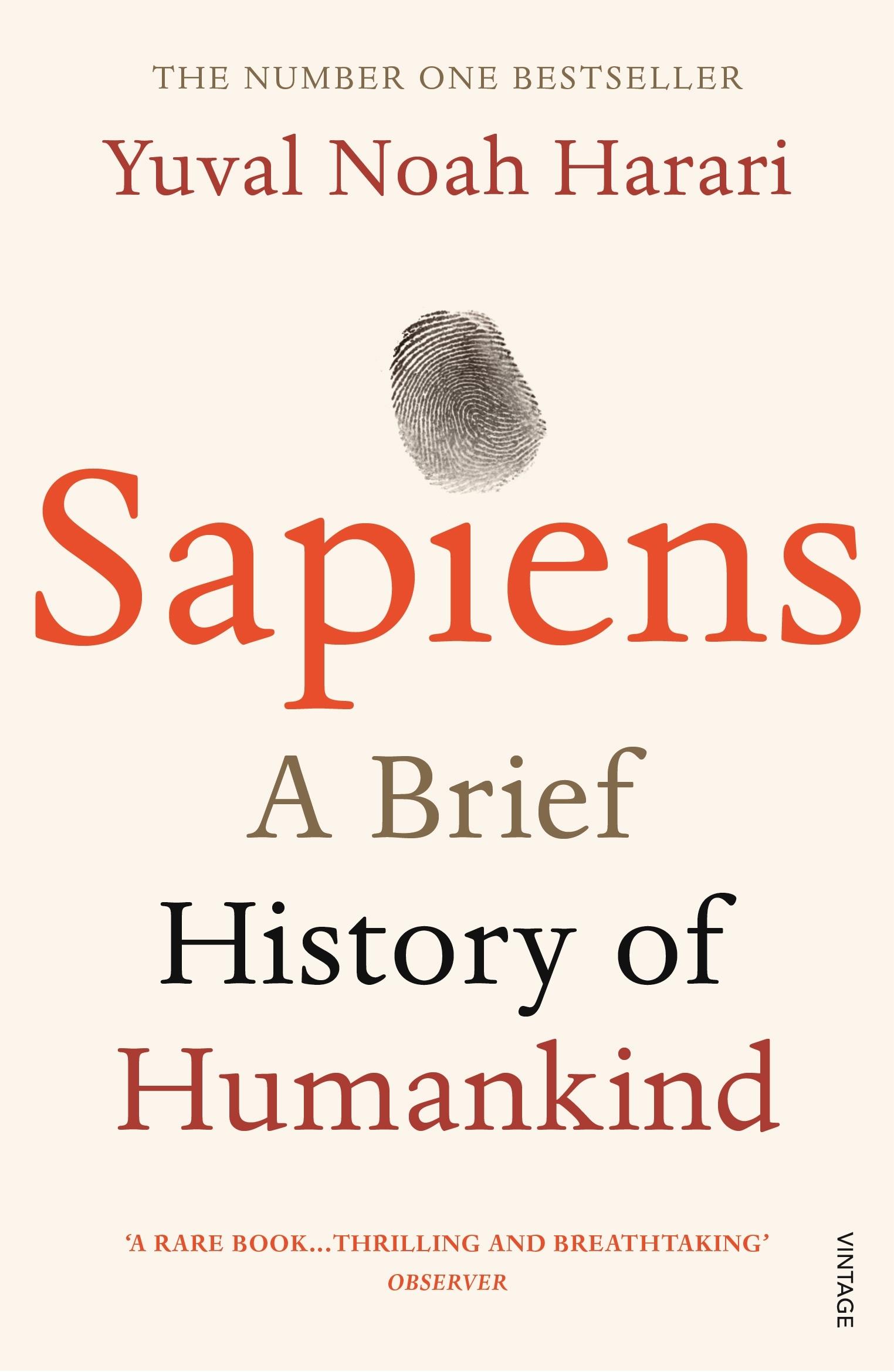
Author: Yuval Noah Harari
Year: 2011
Publisher: Penguin Random House
This popular book delves into the origins of human existence on Earth and the subsequent evolution of our civilisation. It offers more details on the subject than a regular textbook and is a must-read for high school graduates.
Why Nations Fail
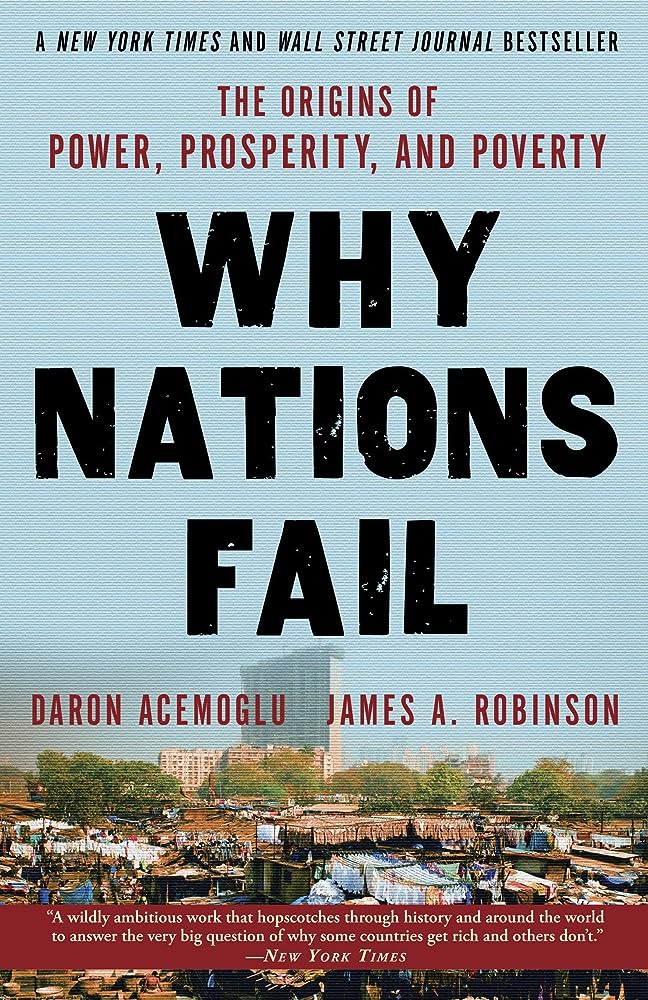
Author: Daron Acemoglu, James A Robinson
Year: 2012
Publisher: Crown Business
This book is relevant for Nepalis to read because it touches on reasons why nations sometimes don’t progress as much as they could. It talks about effective leadership, and I think we can gain valuable insights from it about everything we’re doing wrong.
Death: An Inside Story
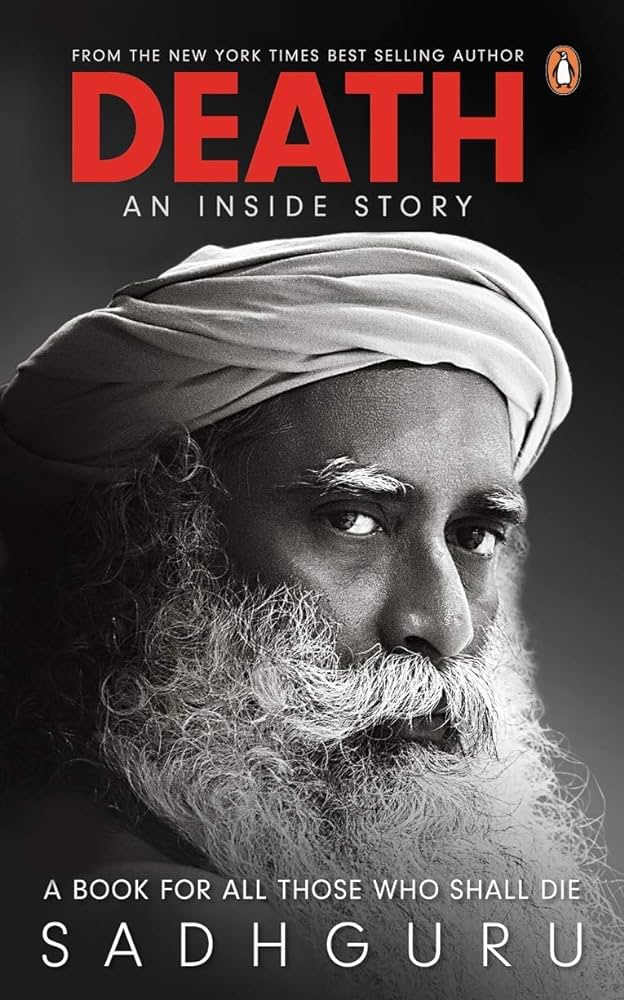
Author: Sadhguru
Year: 2020
Publisher: Penguin
People usually avoid talking about death because it makes them scared and uneasy. But this book dives deep into the history and philosophy of death. It gives important lessons on how to live life fully. It’s a must-read for anyone wanting to understand life and death better.
Homo Deus
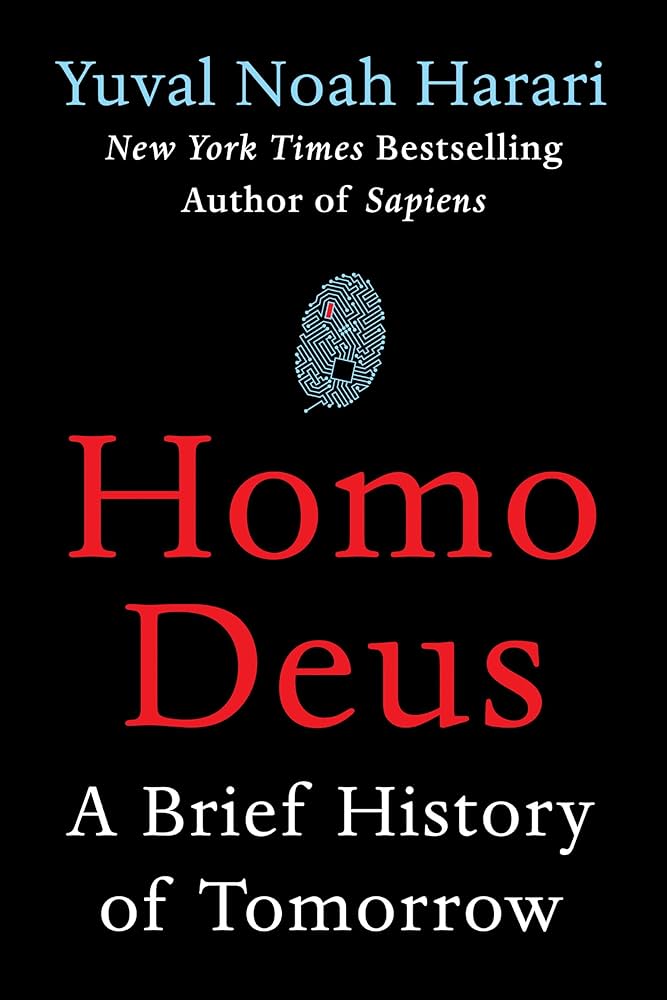
Author: Yuval Noah Harari
Year: 2015
Publisher: HarperCollins
Harari’s ‘Homo Deus’ is the follow-up to his uber-popular book ‘Saipens’. It offers a projection of the future state of humanity. I think it serves as a gateway to the realm of imagination and the possibilities that lie ahead of us humans.
21 Lessons for the 21st Century
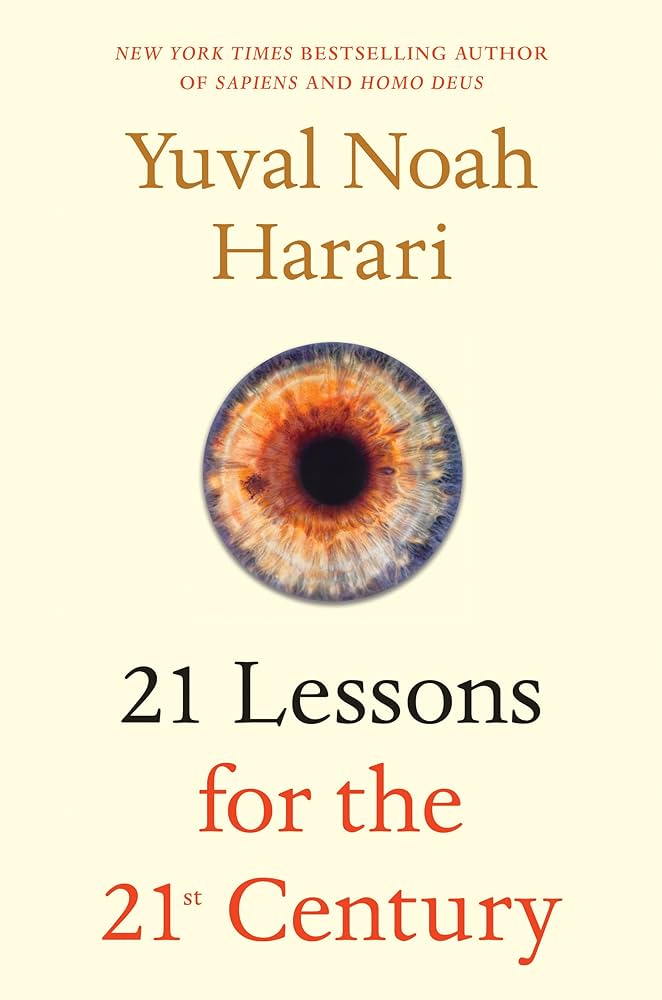
Author: Yuval Noah Harari
Year: 2018
Publisher: Spiegel & Grau
Another one of my favourites from Harari, ‘21 Lessons for 21st Century’, discusses the many facets of existence humans encounter throughout their lifetime. It has good insights on navigating life’s challenges and opportunities, and is a comprehensive guide to leading a fulfilling and meaningful existence.




 14.12°C Kathmandu
14.12°C Kathmandu










